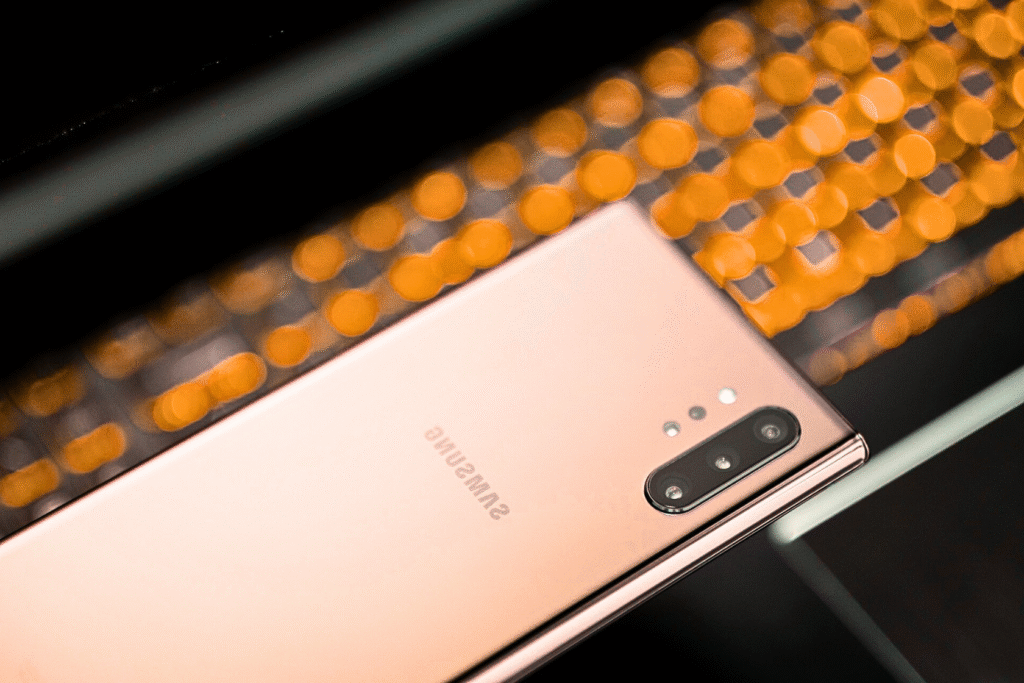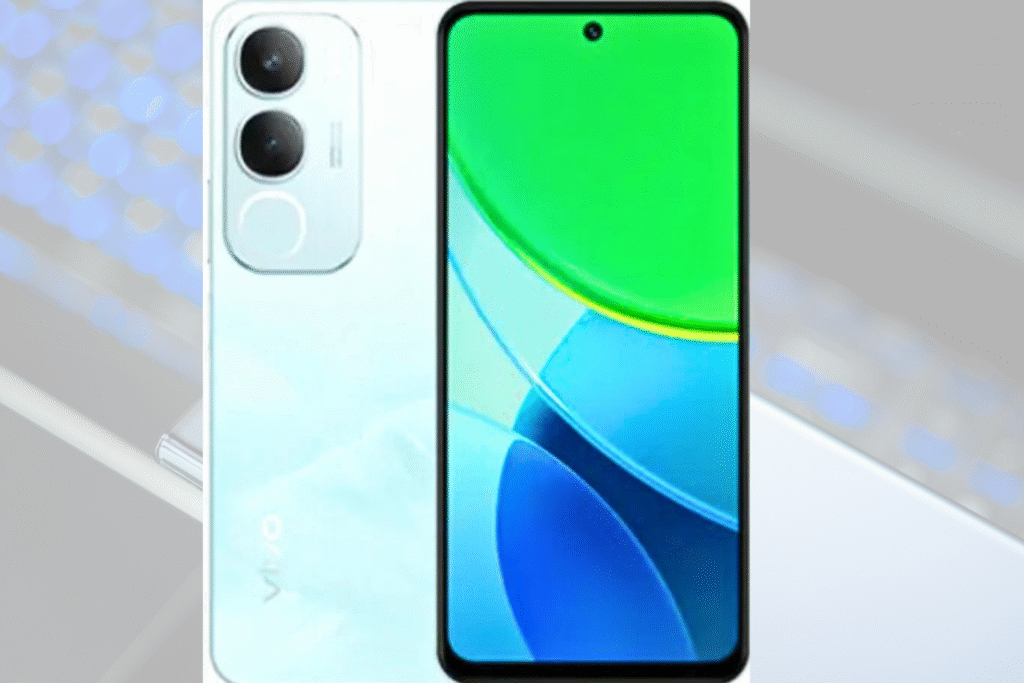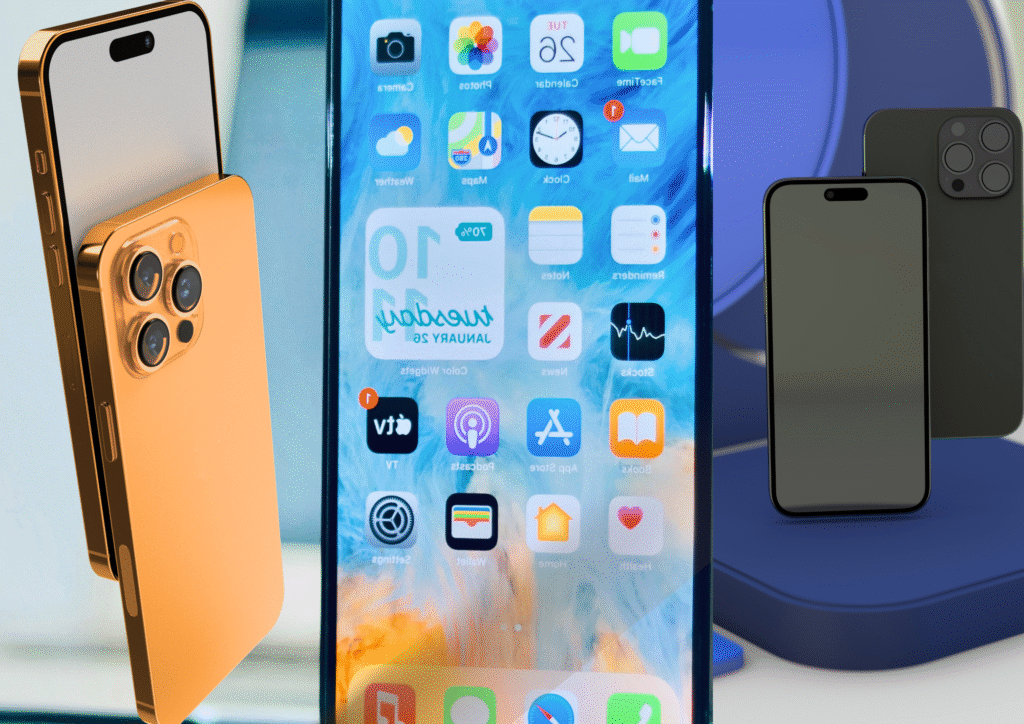Introduction:
Smartwatches and health bands benefits used to be cool gadgets, but now they’re must-haves for people who want to keep track of their daily lives and stay healthier. A lot has occurred with these technologies in the previous few years. They used to be able to count steps. Now, they can also keep track of how much you sleep, how fast your heart beats, how much you move, and even how stressed you are. Many individuals want to know how to use a watch to stay in shape or how wearable health bands can transform their lives. These gadgets can do a lot more than tell the time, though.
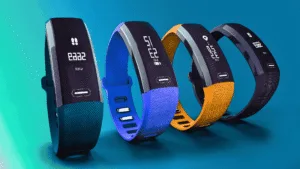
When you use a Smartwatches and Health Bands or wristwatch, you can immediately see how healthy you are. These gadgets make it easy to track your workouts, the calories you burn, or rate your workouts. Smart wearables differ from conventional watches, as they can connect to your phone, track your movements, and provide you with accurate information that motivates you to stay active. It is easy to identify areas for improvement, strengths, and areas that require further development.
| Feature | What it does | Why it matters | Practical tip |
|---|---|---|---|
|
Heart Rate Monitor (Continuous HR) | Continuously measures heart beats per minute and can detect abnormal spikes or drops over time. | Useful for tracking workout intensity, spotting arrhythmias early, and sharing data with your doctor for better health decisions. |
Wear snugly on wrist; review resting HR trends weekly to spot unusual changes. |
|
Sleep Tracking (Stages & duration) | Monitors sleep stages (light, deep, REM), total sleep time, and disturbances to build a sleep quality profile. | Improves energy and recovery by revealing poor sleep patterns and offering actionable habits to improve rest. |
Charge device before bed; compare sleep data across nights to find patterns tied to habits. |
|
Activity & Workout Modes (Steps, GPS, workouts) | Tracks steps, distance, specific workouts, calories burned, and uses GPS for accurate route mapping. | Helps you set realistic goals, monitor progress, and maintain motivation through measurable results. |
Enable GPS only for outdoor exercises to save battery; sync workouts to your phone fitness app. |
|
SpO₂ & Respiratory Metrics (Blood oxygen) | Estimates blood oxygen saturation and sometimes records respiratory rate during sleep or workouts. | Useful for detecting breathing-related issues, monitoring high-altitude activities or recovery after illness. |
For accurate SpO₂ readings keep wrist still and follow vendor guidance; avoid clinical decisions without a doctor. |
|
ECG / Irregular Rhythm Detection (Available on select models) | Records electrical heart activity (single-lead ECG) and may flag potential AFib or irregular heartbeats. | Can provide early warning signs for cardiac irregularities and prompt timely medical consultation. |
Use ECG features per manufacturer instructions; always confirm with a healthcare professional if alerted. |
|
Stress & Recovery Metrics (HRV, guided breathing) | Estimates stress via heart rate variability and offers guided breathing or mindfulness sessions to recover. | Supports mental well-being, reduces burnout risk, and complements physical health tracking. |
Do short breathing exercises after high-stress alerts; log triggers to change daily routine. |
|
Safety & Connectivity (SOS, fall detection, LTE) | Sends emergency alerts, shares location, and connects independently via LTE on cellular models. | Enhances personal safety for elderly users, children, and outdoor enthusiasts who need quick help options. |
Register emergency contacts and test SOS features; consider LTE models for independent connectivity. |
|
Battery Life & Charging (Days vs hours) | Determines how often you must charge; some bands run a week, smartwatches may need daily charging with heavy use. | Long battery life reduces friction in daily use — critical for accurate 24/7 health tracking. |
Pick a device matching your usage: long-life bands for passive tracking, full-feature watches if you need apps/gps. |
You can also use these gadgets to help you track your health, which is another reason they are so important. A Smartwatches and Health Bands can monitor your blood oxygen levels, track your heart rate throughout the day, and alert you if it becomes too high or too low. These specifications could save the lives of individuals with health concerns, such as high blood pressure or irregular heartbeats. Some high-tech devices can even conduct ECG tests, which may help you identify a problem before it worsens. That’s why many doctors claim that health bands and smartwatches are excellent for you. They allow you to identify problems early and encourage you to lead a healthier life.
You can also track your sleep, which is another helpful feature. Many people wonder why they still feel tired despite getting eight hours of sleep. Wearables can help if you’re not getting enough decent sleep. They can also provide you with tips on how to sleep better. You can utilize this information to adjust your behavior over time, so that you wake up feeling rested and full of energy. It’s worth the money to get a device that can help you sleep better.
Smartwatches and Health Bands can help you stay healthy and fit, and they can also help you get more done every day. You don’t have to keep reaching for your phone, as you can receive notifications for calls, texts, and app updates directly on your wrist. These gadgets help while exercising. Some gadgets allow you to pay, alter the music, or use GPS navigation right from your wrist. This combination of utility and ease of use helps busy professionals stay organized and saves them time.
Don’t forget that these tools can also help you stay motivated. A smartwatch can help people stay committed to their training routines by sending reminders and tracking their progress. For example, it will tell you to get up and move around if you’ve been sitting for too long. This continual support has a mental effect that makes training feel like a fun trip instead of work .
Some people are unsure whether these gadgets are worth the money or merely for show. Some models are indeed stronger than others. The most essential thing is to choose the one that works best for you. A cheap health band can tell you how fit you are, but a more costly wristwatch can do things like ECG, GPS, and resist water. Before you acquire something, consider how you will utilize it to meet your needs and explore all your options.
Smartwatches are also different because they include both social and safety features. Many current devices have fall detection, which sends an alert to emergency contacts if no user response is received and no reply is made. Health bands for kids are also an excellent way for parents to keep an eye on their children and ensure their safety. Wearables are suitable for everyone, as they can help people stay safe and monitor their health.
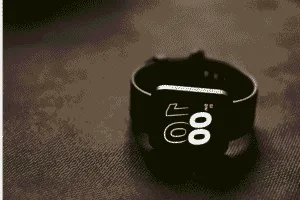
These tools can also help people keep up their new habits for a long time. People who start using them often pay more attention to how much they eat, how much they walk, and how upset they are. Users receive daily feedback from a smartwatch or health band, which encourages them to make better choices.
Smartwatches and Health Bands aren’t simply fads; they’re wonderful for anyone who wants to be more productive and stay healthy. They are a single device that you wear on your wrist, performing all of these functions: recording your activity, examining your health, analyzing your sleep, and making your life easier. Some people might consider them as fancy things, but the long-term benefits show that they are essential for living a healthy life. Getting a health band or wristwatch is one of the best ways to learn how to stay motivated, sleep better, or take better care of your heart.
FAQs
What should I do to choose between a smartwatch and a health band?
If you want more advanced features, such as notifications, apps, and an ECG, consider a smartwatch. If you want something lightweight and affordable to help you track your body fitness goals, a health band is all you need.
Do smartwatches really help you get healthier?
They can’t be physicians, but they can help you make healthier choices by keeping an eye on your health, providing you with early warnings, and giving you a push.
How long does the battery in a health band last compared to the battery in a smart watch?
Health bands typically last between 7 and 14 days, while smartwatches last between 1 and 3 days, depending on usage and the features they include.
Do older people find these gadgets useful?
Yes, many smart watches offer features that are particularly useful for older individuals, such as fall detection, heart rate monitoring, and emergency alerts.
Do smart watches help you get fit?
All the above-mentioned gadgets can help you lose weight by tracking the calories you burn, the steps you take, and the workouts you complete.


